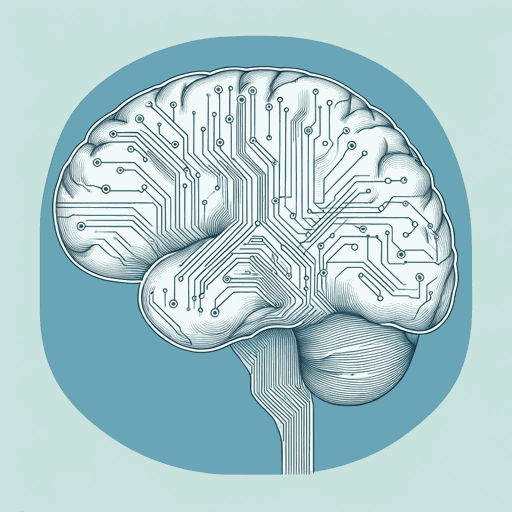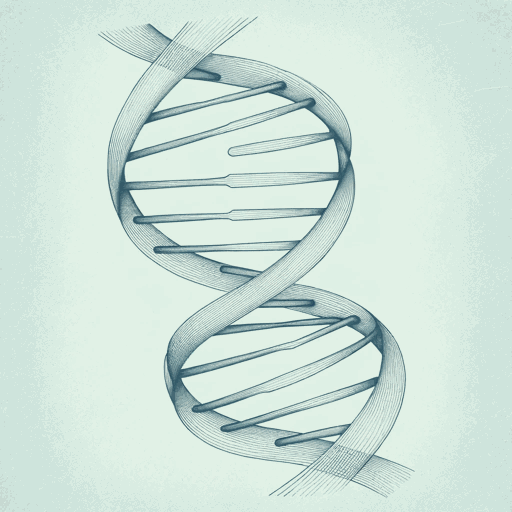50 pages • 1 hour read
Yuval Noah HarariHomo Deus: A Brief History of Tomorrow
Nonfiction | Book | Adult | Published in 2015A modern alternative to SparkNotes and CliffsNotes, SuperSummary offers high-quality Study Guides with detailed chapter summaries and analysis of major themes, characters, and more.
Summary and Study Guide
Overview
Homo Deus: A Brief History of Tomorrow (2015) is a work of popular science by Israeli writer, professor, and futurist Yuval Noah Harari. Published in multiple languages, it is a continuation of the work of Harari’s previous book, Sapiens: A Brief History of Humankind. While Sapiens contextualized the advents of modernity within humans’ evolutionary legacy, Homo Deus speculates about what lies in wait for humanity in the distant future. Harari grounds his discussion in an analysis of the development of ethics and technology, tracking Homo sapiens as they gradually came to dominate the world. Harari includes a plethora of general topics in his book, including individualism, will, emotion, consciousness, and experience. Prominent themes in the book include Storytelling, Intelligence, and the Evolution of Homo Sapiens; Humanism and Its Future in the Age of Advanced Technology; and The Evolution and Impact of Dataism. The book’s primary thesis is that the 21st century will see successful attempts made by humans to tremendously increase their happiness, lifespan, and power over the natural world.
This study guide refers to the 2017 Harper hardcover edition.
Summary
Harari begins Homo Deus by analyzing the relationships between humans and the rest of the animal kingdom. He contends that humans’ ability to make stories was critical in establishing their supremacy. Stories create social cohesion, allowing for such phenomena as democracies and elections, where countless individual agents reach agreements on leaders. Harari credits humanity’s development of its communication skills to the evolution of storytelling, in which the most compelling stories have survived while others have faded away. He proposes that storytelling contributed to the rapid increase of humans’ intelligence over the past millennia and led to the gradual dismantling of religions as more scientific stories replaced older, dogmatic ones.
Next, Harari discusses the creation of meaning in the context of humanity. Ever since the beginning of the verbal tradition—meaning the creation of the first languages—humans have participated in a reality that is intersubjective. By this, Harari means that individual agents are able to coexist in and form a political society using flexible linguistic terms. He distinguishes humanity from other animals, arguing that people are able to form belief systems that reinforce their social relations. Other animals, in contrast, are unable to form such powerful collective abstractions.
Harari also endorses humanism, a secular spirituality, as one of humankind’s greatest achievements. Humanism rejects the role of a god figure in creating human history, choosing to credit people with their own evolution. Humanism requires more virtue than any organized religion, contends Harari, because it asserts that humans have control of their own actions and ethical systems. He speculates that humanism will become a predominant spirituality and strongly inform the attempts of humanity in the next century to overcome problems of mortality, unhappiness, and helplessness.
Finally, Harari qualifies his optimistic vision of the future of humanity, arguing that there are many ways humans can thwart their advancement. One of these is by reneging on the responsibility to regulate how technology is made and used. He criticizes modern capitalist technologists for stripping the world of opportunities for humans to make meaning by introducing technologies that render tasks obsolete. He predicts that, eventually, humans will be replaced with the Homo deus, or “human god,” who is wiser, healthier, and more virtuous than any member of Homo sapiens.
Harari closes by speculating that humans are equivalent to algorithms, meaning they are fully expressible in precise logical programs. As advancements in big data make it easier to influence humans, their dominance will wane until machines replace them at the top of the evolutionary hierarchy. Harari poses a rhetorical question: What will become of humans when they are no longer the dominant beings in the world? His query stems from an ambivalence about the value human lives might one day have in a world in which the basic aspects of life are drastically improved but memory of human supremacy is eroding. Homo Deus suggests that this next evolutionary stage is arriving both inexorably and sooner than people think.
Related Titles
By Yuval Noah Harari



